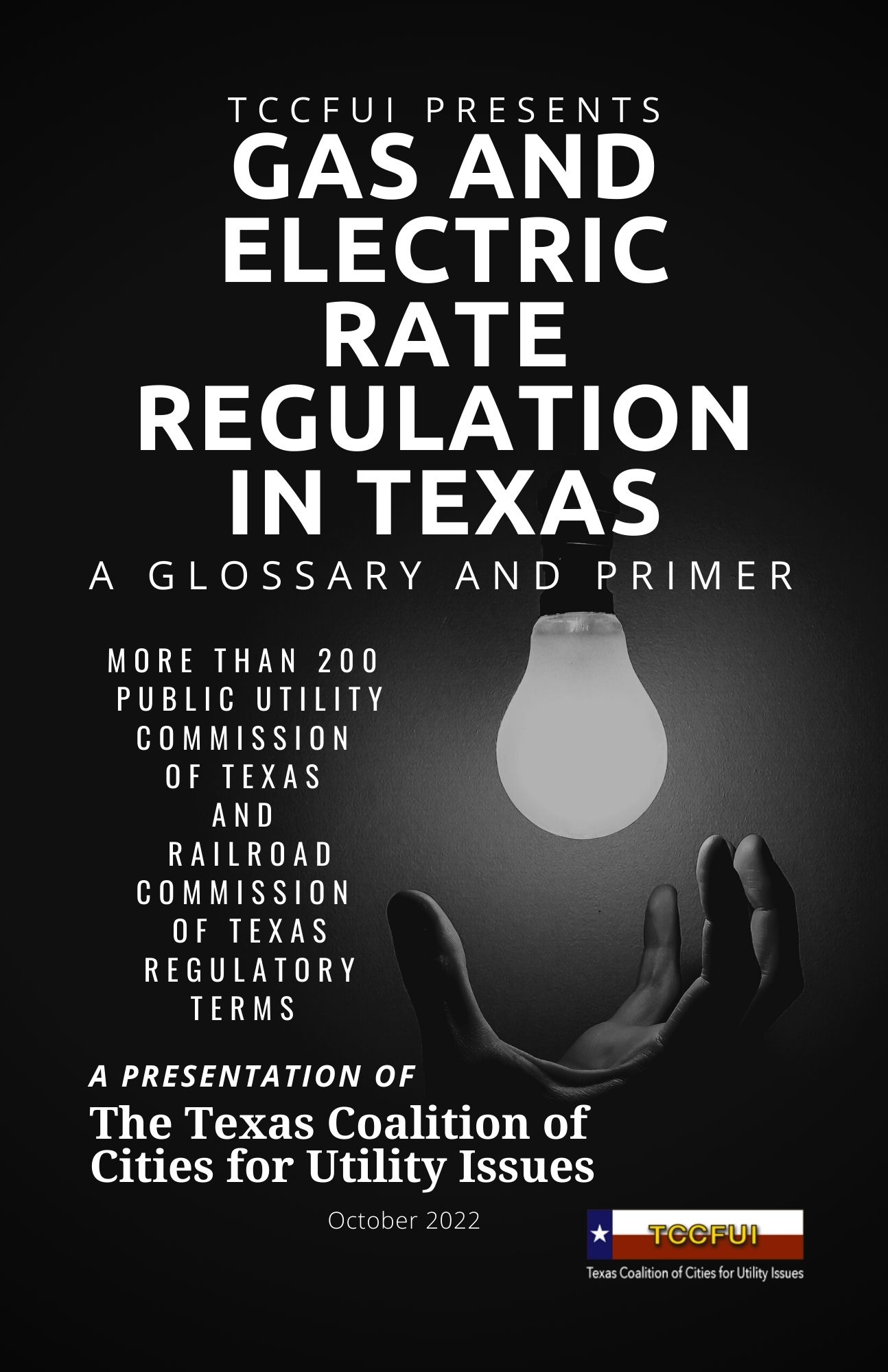ERCOT historically had operated the power grid under bylaws that assign certain governance responsibilities to its board and others its stakeholder membership.
________________________________________________
ERCOT bylaw changes that potentially undermine the authority of city stakeholders and others at the power grid have been upheld in state district court.
The ruling, which was issued March 4 in the 455th District Court of Travis County, represents a legal setback for two city groups as well as an industrial trade group that had challenged the bylaw changes. The ruling, however, is appealable.
The Background
ERCOT historically had operated the state’s power grid under bylaws that assign certain governance responsibilities to its board of directors and other responsibilities to its “Corporate Members,” i.e., its stakeholder membership. Previously, these bylaws stipulated that any change to the bylaws themselves must receive approval from both the organization’s Corporate Members and the ERCOT board.
However, on December 20, 2022, the ERCOT board and the Public Utility Commission took parallel votes to change the bylaws. Now, only the ERCOT board has a say over ERCOT bylaws, albeit with oversight from the PUC. The bylaws change was uniformly opposed by stakeholder groups.
On March 15, 2023, the Texas Industrial Energy Consumers (TIEC) trade group sued under Tex. Util. Code § 15.001 and the Administrative Procedures Act (APA) seeking judicial review of the PUC’s order. On April 27, 2023, two city groups — the Steering Committee of Cites Served by Oncor (OCSC) and the Texas Coalition for Affordable Power (TCAP) — jointly intervened in that legal action.
TIEC alleged in its original petition that ERCOT bypassed the Corporate Member vote required under the Texas Business Organizations Code and existing ERCOT bylaws and, therefore, the Commission’s Order approving the amendments was arbitrary and capricious. The Commission further violated Corporate Members’ due process rights by approving the amendments without notice or a hearing, according to TIEC’s legal action. OCSC and TCAP joined the lawsuit to void the Commission’s Order approving the bylaw amendments and to protect Cities’ rights as ERCOT Corporate Members.
But in a one-page decision on March 4, State District Judge Maya Guerra Gamble affirmed without comment the final PUC order, thereby denying claims by TIEC, OCSC and TCAP. The State District Judge also issued a separate ruling clarifying that the court has legal jurisdiction in the case.
Appeal on Horizon?
TIEC has indicated it will almost certainly appeal Judge Gamble’s orders. If TIEC does so, TCAP and OCSC will join the notice of appeal and participate in briefing and oral arguments at the Third Court of Appeals.
More information about the bylaw changes can be found in Project Nos. 52933 on the PUC’s website. Judge Guerra Gable’s order can be found under Cause No. D-1-GN-23-001430.


